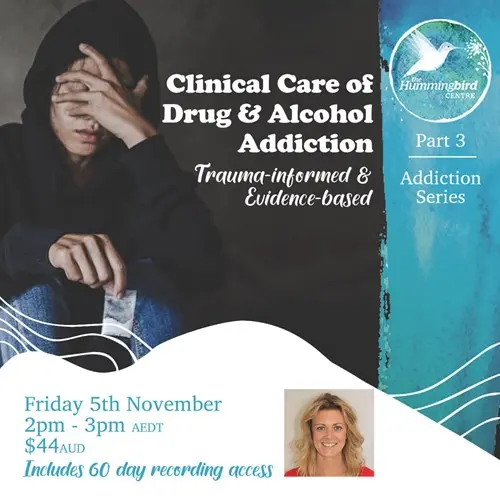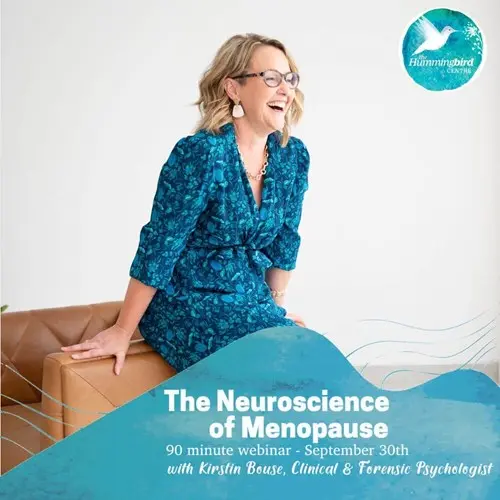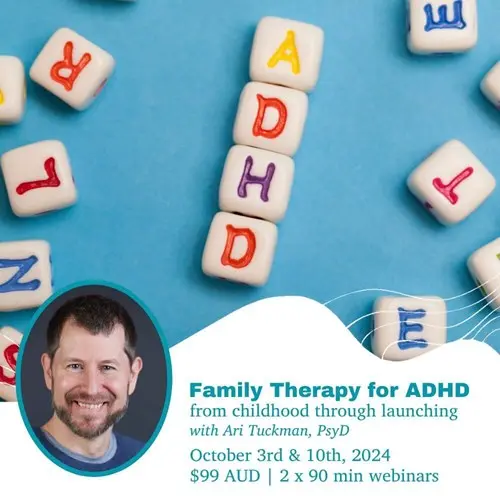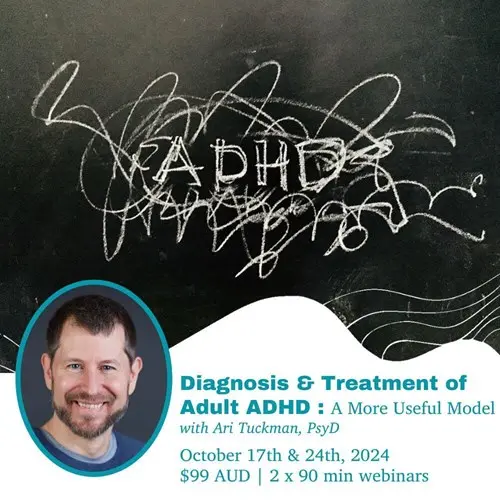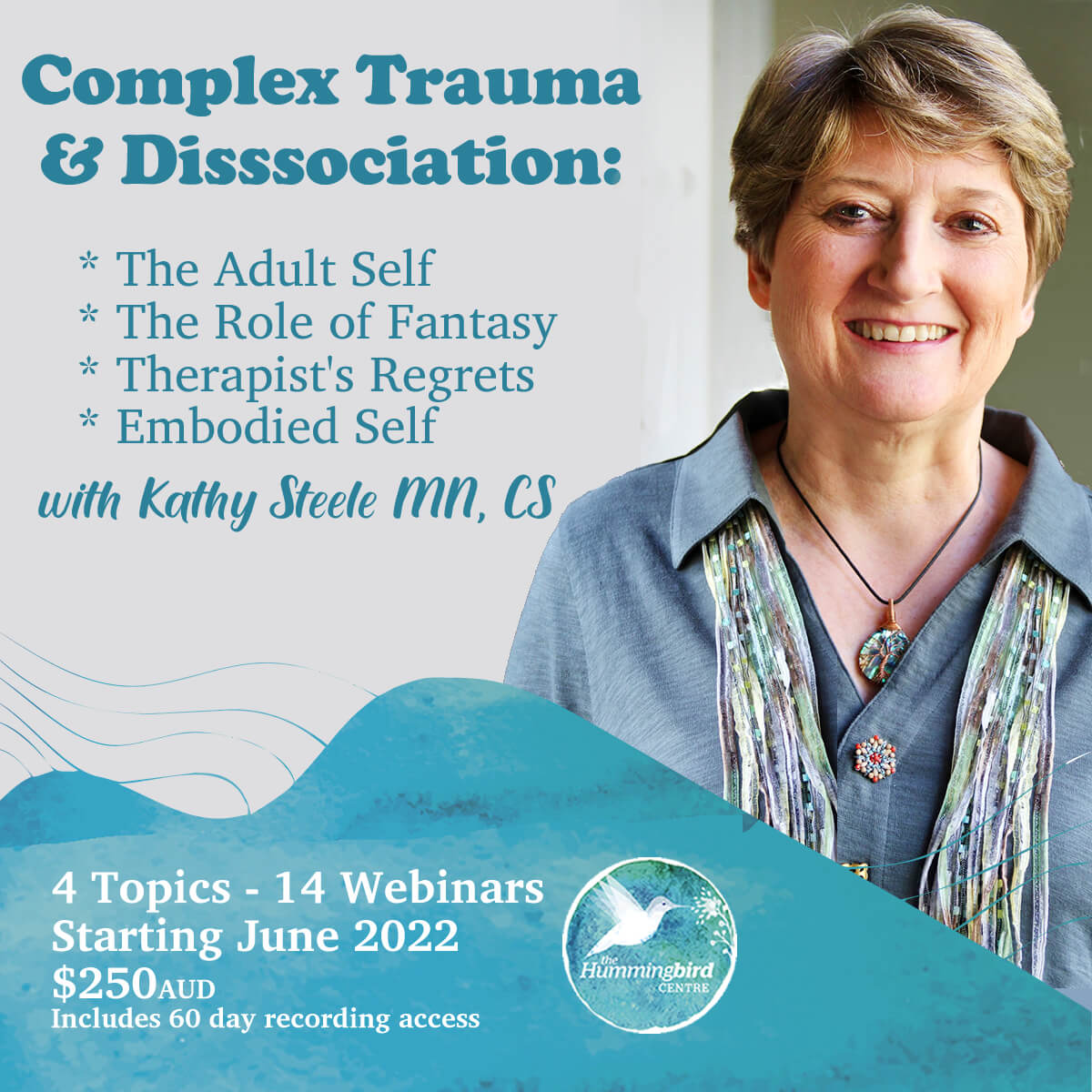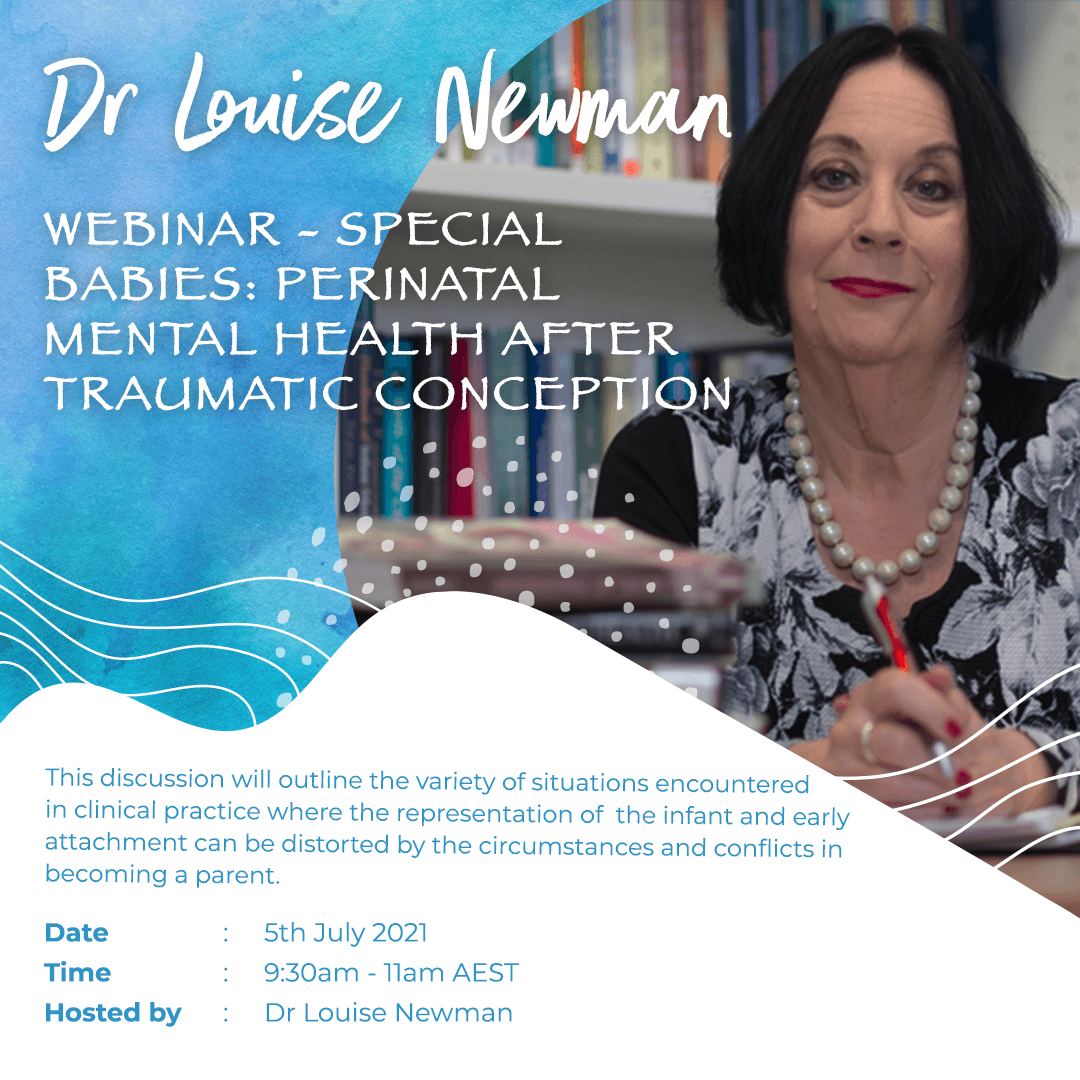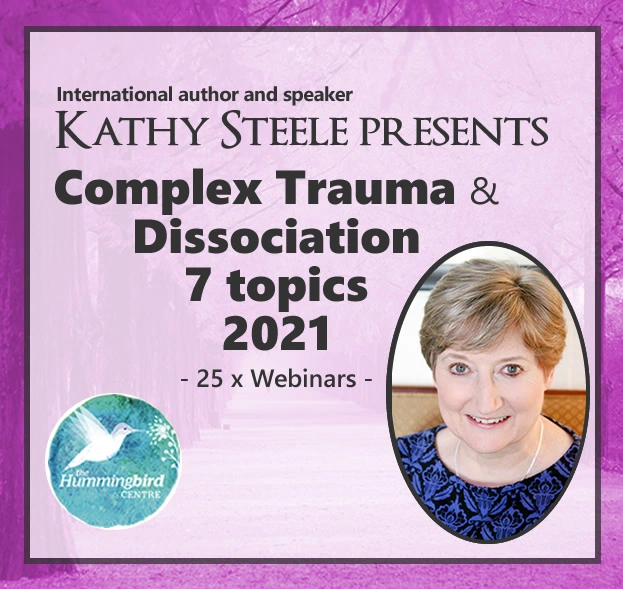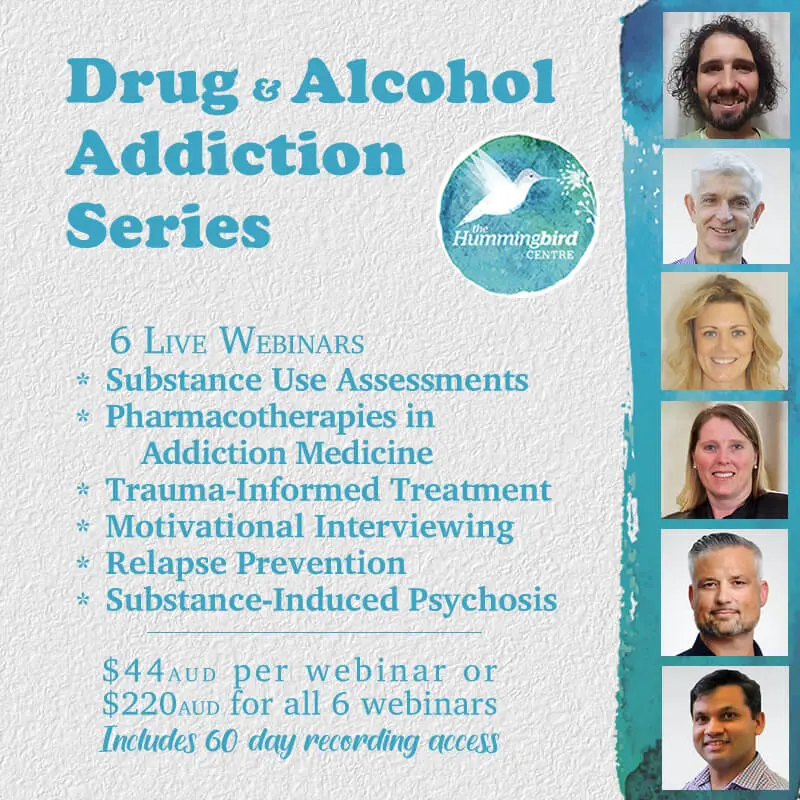Overview of Key Evidence-Based & Trauma-Informed Therapeutic Treatment & Practice
This webinar will provide an overview of key evidence based therapeutic treatments and trauma informed practice for drug and alcohol clinical care. Natasha will address the challenges of targeting treatment to a diverse population group from mild problems with substances through to severe substance use disorders, maintaining a focus on patient factors beyond diagnostics. The importance of treatment processes fundamental to any drug and alcohol treatment will be described, targeting client engagement, retention in therapy and substance use outcomes. The webinar will also mention therapeutic considerations for mental health comorbidity and specific population groups. The presentation will be embedded with reflective exercises throughout, and a list of resources will also be provided for further learning.
About the Presenter

Dr Natasha Perry is a Senior Clinical and Health Psychologist and works as a Clinical Leader in Drug and Alcohol Clinical Services, Hunter New England Local Health District. In her role, she utilises her clinical experience and expertise to lead initiatives that aim to improve the quality of care for people accessing the health service. She completed her Doctor of Clinical and Health Psychology at the University of Newcastle, where she is a Clinical Lecturer for the School of Psychology, College of Engineering, Science and Environment. Natasha is a member of the small expert reference group for the NSW Health Drug and Alcohol Psychosocial Interventions Professional Practice Guidelines due to publication later this year. She has previously undertaken clinical research and delivered treatment programs to improve the quality of life for people who use substances. Throughout her career, Natasha has written scientific journal articles, co-written textbook chapters and has had her work presented at several national and international conferences. She was awarded a Churchill Fellowship in 2016 which took her to on an extensive worldwide trip investigating the effectiveness of treatment programs for young people with substance use problems and related complexities. Natasha likes to work from a reflective practice and trauma informed bio-psycho-socio-cultural framework and is passionate about integrating theory and evidence into practice and tailoring treatment to clients’ individual needs.
Outside of work, she enjoys drawing, food, travel and has a newfound passion biophilic design for wellness. Natasha is currently on maternity leave with her two boys and happily spends her time at parks, playing with trucks and making sandcastles.


